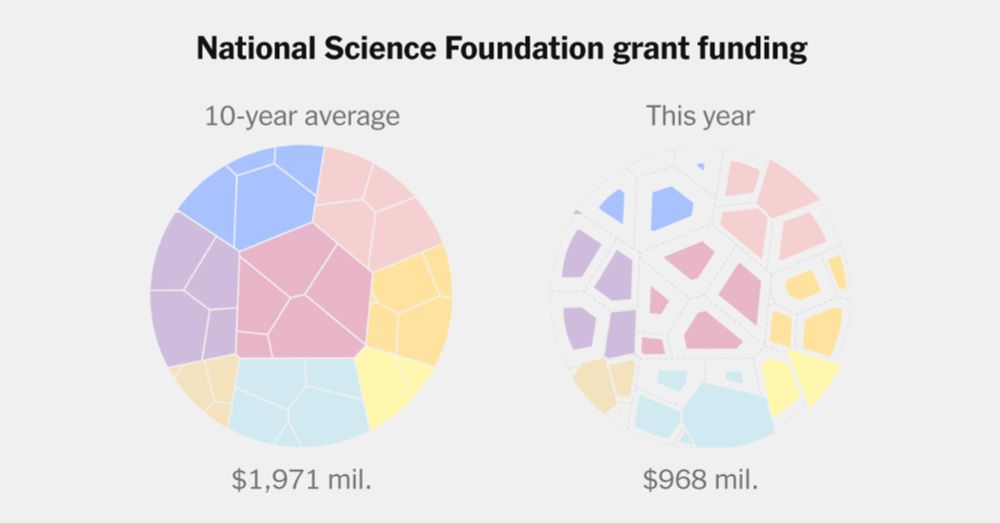sophurky.com
Signal: @sophurky.70

For my latest feature in Nature, I dig into the actual numbers.
(1/n)
www.nature.com/articles/d41...
www.technologyreview.com/2025/11/05/1...

www.technologyreview.com/2025/11/05/1...
I leave it as an exercise to the reader to decide which is which.
(1/n)
I leave it as an exercise to the reader to decide which is which.
(1/n)
www.aps.org/apsnews/2025...

www.aps.org/apsnews/2025...
www.technologyreview.com/2025/08/11/1...

www.technologyreview.com/2025/08/11/1...
www.aps.org/apsnews/2025...

www.aps.org/apsnews/2025...
My story:
www.technologyreview.com/2025/06/10/1...

My story:
www.technologyreview.com/2025/06/10/1...
We got the code.
Killed contracts included:
-support for nurses
-a gene sequencing to improve cancer treatment
-blood analysis
Story by @bxroberts.org @vernalcoleman.bsky.social and me.
www.propublica.org/article/trum...

www.nytimes.com/interactive/...

www.technologyreview.com/2025/05/22/1...
(1/n)

www.technologyreview.com/2025/05/22/1...
(1/n)
https://go.nature.com/3F4fpwN

Scientists are worried today, but everyone will feel these cuts in the future, when we wonder why people stopped innovating.
www.nature.com/articles/d41...

Scientists are worried today, but everyone will feel these cuts in the future, when we wonder why people stopped innovating.
(1/n)
www.nature.com/articles/d41...

(1/n)
www.nature.com/articles/d41...
Fascinating reporting by @caiwei.bsky.social on the overhype arc of generative AI in China.
www.technologyreview.com/2025/03/26/1...

Fascinating reporting by @caiwei.bsky.social on the overhype arc of generative AI in China.
www.technologyreview.com/2025/03/26/1...
[email protected] on OSU flipflopping on systemic racism in less than five years
www.dispatch.com/story/opinio...

[email protected] on OSU flipflopping on systemic racism in less than five years
www.dispatch.com/story/opinio...
www.theverge.com/tech/633248/...

www.theverge.com/tech/633248/...

www.newscientist.com/article/2471...

www.newscientist.com/article/2471...


For my latest feature in Nature, I dig into the actual numbers.
(1/n)
www.nature.com/articles/d41...

For my latest feature in Nature, I dig into the actual numbers.
(1/n)
www.nature.com/articles/d41...
QCs are still too small to be useful, but Amazon showed they can do error correction with only 9 qubits -- ~10 times less than Google. They argue they have a path to scale up their machines.
(1/n)
www.technologyreview.com/2025/02/27/1...

QCs are still too small to be useful, but Amazon showed they can do error correction with only 9 qubits -- ~10 times less than Google. They argue they have a path to scale up their machines.
(1/n)
www.technologyreview.com/2025/02/27/1...
My story:
www.technologyreview.com/2025/01/30/1...

My story:
www.technologyreview.com/2025/01/30/1...
1/n

1/n

